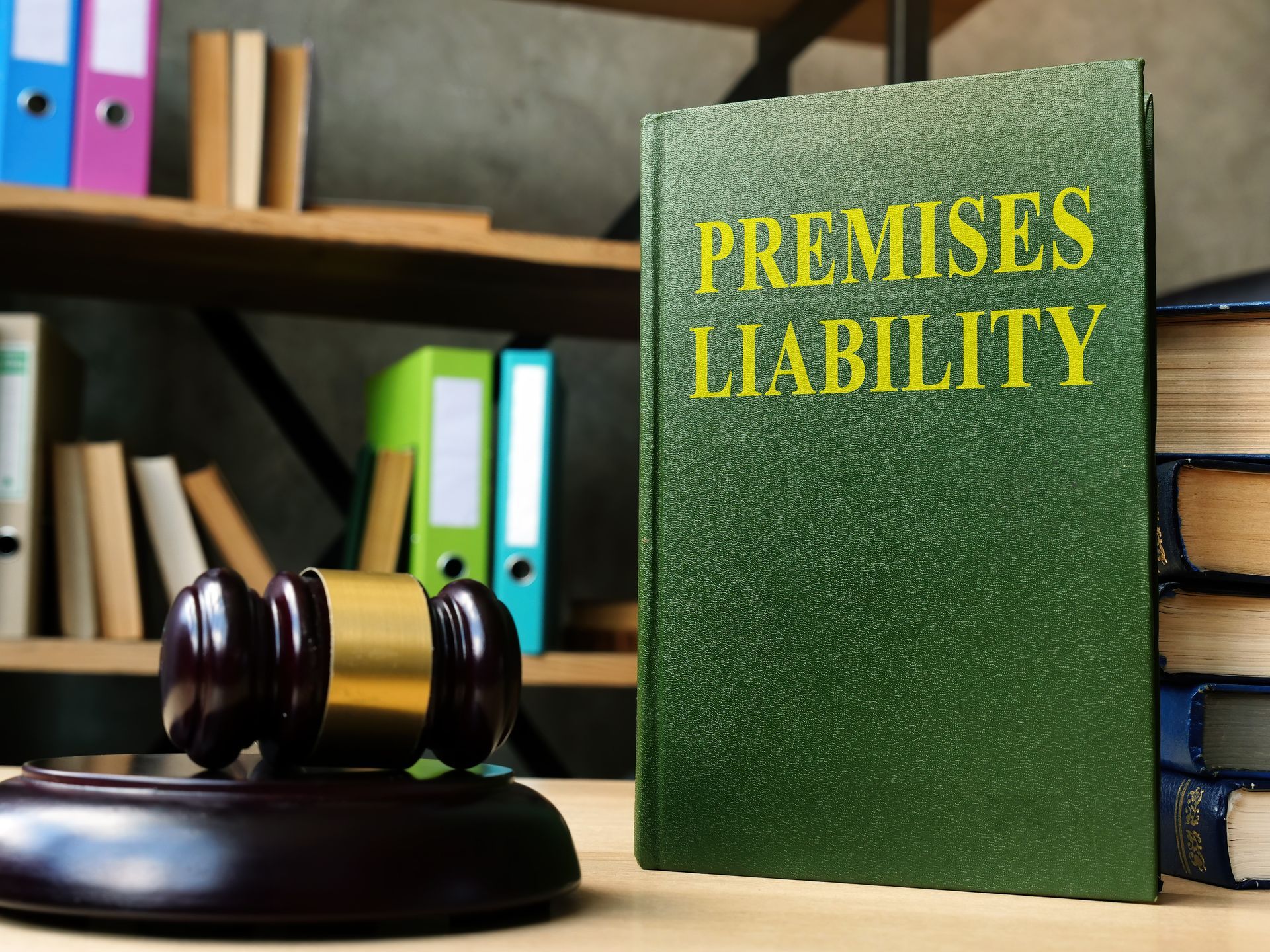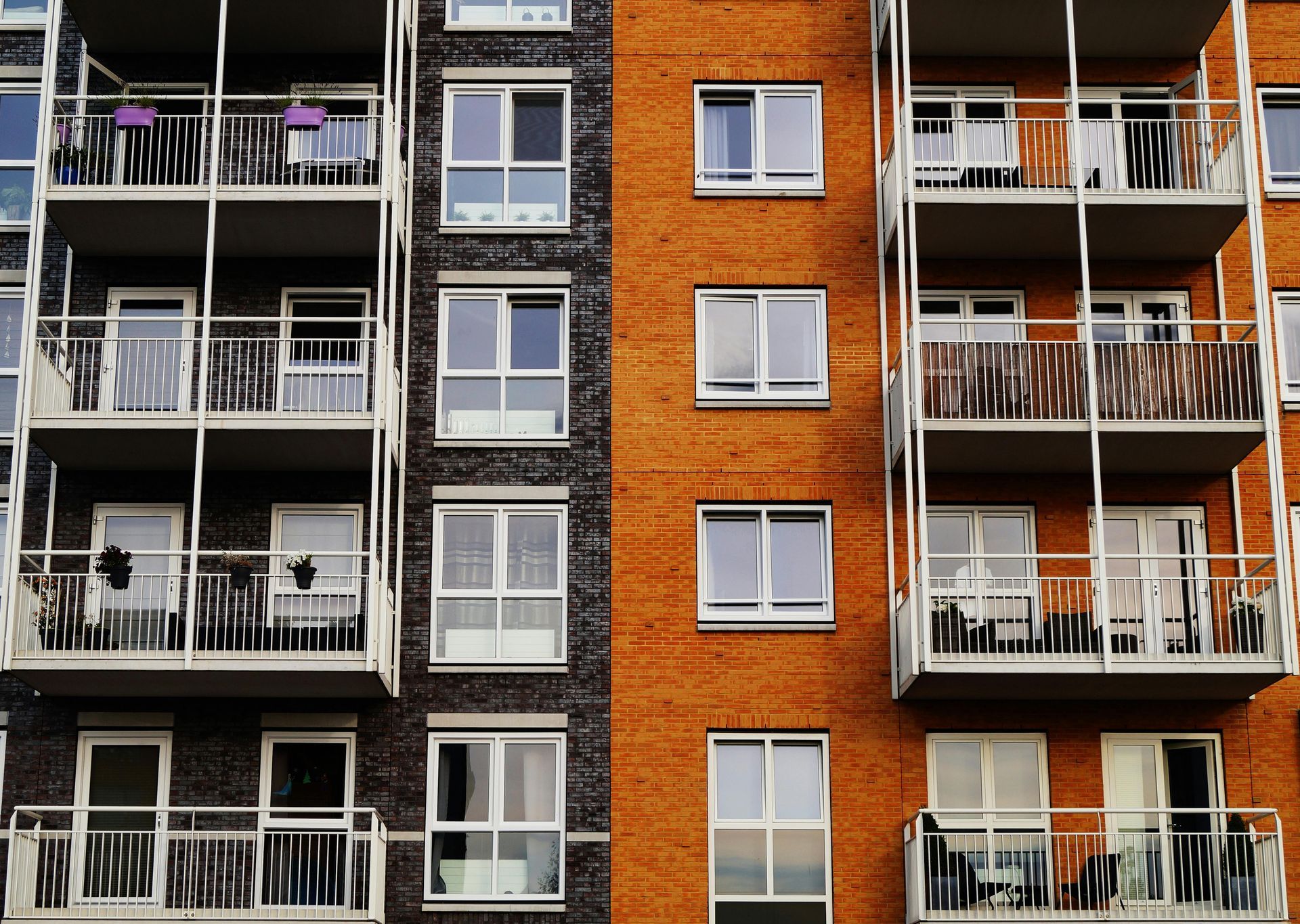Protecting New Homeowners: Your Guide to Holding Sellers Accountable for Undisclosed Issues with Your New Home
Becoming a homeowner is a significant milestone in anyone's life, often representing years of hard work and financial commitment. However, the joy of homeownership can quickly turn into frustration and disappointment when undisclosed issues with your new home arise. If you find yourself in this situation, you don't have to bear the burden alone. Thanks to my years of experience litigating, and winning, real estate nondisclosure cases, I know exactly how to help new homeowners hold sellers accountable for failing to disclose issues with the home.
Understanding Important Clauses in Residential Real Estate Contracts
When you purchase a new home, you enter into a legally binding residential real estate contract with the seller. That contract usually includes a “Seller’s Disclosure Addendum”, which is just a document that sellers fill out by checking “yes” or “no” next to a series of prompts regarding the condition of the home.
Even though nearly all residential real estate contracts include “As-Is” or “In Its Present Condition” clauses or addendums, new homeowners who discover that a seller was not truthful in completing their Seller’s Disclosure Addendum still have options, because “As-Is” or “In Its Present Condition” clauses or addendums do not give sellers free reign to hide property defects from homebuyers. As a homeowner, you have the right to know the true condition of the property you are buying.
For example, if a seller checks “No” next to a prompt on the Seller’s Disclosure Addendum that asks if there are any issues, flaws, or cracks in the foundation, and a new homeowner discovers a giant crack in the foundation that was covered up by a rug during the inspection and walkthrough, that homeowner is able to file a lawsuit against the seller for misrepresenting that there were no issues, flaws, or cracks in the foundation on the Seller’s Disclosure Addendum – even in the face of “As-Is” or “In Its Present Condition” clauses or addendums.
Common Undisclosed Issues
New homeowners may encounter a variety of undisclosed issues that can range from minor inconveniences to severe structural problems. These can include:
- Hidden structural defects.
- Water damage or leaks.
- Mold or asbestos contamination.
- Pest infestations.
- Electrical or plumbing issues.
- Faulty heating or cooling systems.
- Property line disputes.
- Code violations.
What Should I Expect if I Pursue my Nondisclosure Claim?
Case Evaluation:
I can thoroughly review the facts of your case to determine if you have a valid claim. This includes analyzing the Seller’s Disclosure Addendum to see what issues and defects the seller failed to disclose, determining the cost to cure each of the undisclosed issues, and identifying a strategy to prove that the seller had knowledge of the undisclosed issue.
Negotiations:
I will engage in negotiations with the seller or their representatives to seek a fair resolution. This may involve negotiations for repairs, compensation, or contract modifications to rectify the situation.
Litigation:
In cases where negotiations fail to yield a satisfactory outcome, I am prepared to take your case to court and advocate vigorously on your behalf to ensure your rights are protected and compensation is secured.
Legal Remedies
Depending on the specific circumstances of your case, I can help you pursue the costs you’ve incurred in fixing the undisclosed issues at the house. I will also seek full reimbursement of your attorney’s fees and legal costs from the seller.
Purchasing a new home should be an exciting and joyful experience, not marred by undisclosed issues and lengthy disputes with the seller. If you find yourself in this unfortunate situation, remember that you don't have to navigate the dispute alone. My team and I are here to help you receive maximum compensation for the undisclosed issues in your new home.
Contact us today to schedule a consultation and take the first step toward protecting your investment and your rights as a new homeowner.










